Global Classroom: Designing for Wicked Problems
Democracy, community & alternative futures
Wicked problems are so big that we cannot imagine addressing them alone. Challenges like climate change have no borders, and disproportionately affect the world’s most marginalized populations. We therefore aligned this workshop around Escobar’s (2018) call for future-oriented, democratic, and justice-based planning frameworks.
In Designs for the Pluriverse, Arturo Escobar presents a new vision of design theory and practice aimed at channeling design's world-making capacity toward ways of being and doing that are deeply attuned to justice and the Earth. Noting that most design - from consumer goods and digital technologies to built environments - currently serves capitalist ends, Escobar argues for the development of an “autonomous design” that eschews commercial and modernizing aims in favor of more collaborative and place-based approaches. Such design attends to questions of environment, experience, and politics while focusing on the production of human experience based on the radical interdependence of all beings.
- Review of Escobar’s Designs for the Pluriverse, Duke University Press, 2018
Design thinking and design justice offer frameworks and principles for scalable, action-oriented collaboration and ideation, starting at the community level and requiring thoughtful engagement. This Design Jam aimed to enact these approaches by engaging with community partners to address specific design challenges at the local level by, for example, co-designing democratic, participatory, and arts-based initiatives. We further encouraged the participating students and our partners to envision the scalable impact of these actions, from inspiring local communities in other locations to take on certain initiatives, to municipal, national, or even transnational policy change protecting ecosystems and people from dire climate risks.
This Global Classroom took place on five Fridays from 29 September to 27 October 2023, incorporating design thinking to facilitate interdisciplinary student exploration and collaboration, project development, and problem-solving. The series was framed around practically engaging with the concepts of democracy, sustainability, and inclusion; and asked students to explore their own positionality and locality as they developed a group project proposal to be showcased at the end of the course. The Global Classroom Design Jam consisted of four facilitated workshops and one presentation day. Between workshops, students were expected to work together in small global teams to expand on and test their design ideas. The Global Classroom team provided guidance and feedback to help students prepare to present their work. Groups presented their projects to faculty and our civil society partners for real-world feedback.
As part of our biggest virtual Jam to date, 20 student facilitators from three partner universities were trained in virtual design thinking facilitation, and did an incredible job guiding group progress. Over 80 students took part in this Jam, with 10 teams producing project ideas for 3 community partners.
This event was developed by the University of Toronto, Hart House Global Commons, University of Toronto Scarborough, University West, Stellenbosch University, Participedia, Vancouver Design Nerds, and the newly-formed Cape Town Design Nerds. Our community partners included i4Policy, The Climate Reality Project, and TNKVRT.
If you would like to learn more about our work, partner with us in our future projects, or collaborate with us to develop one of your own, please don’t hesitate to contact us!

